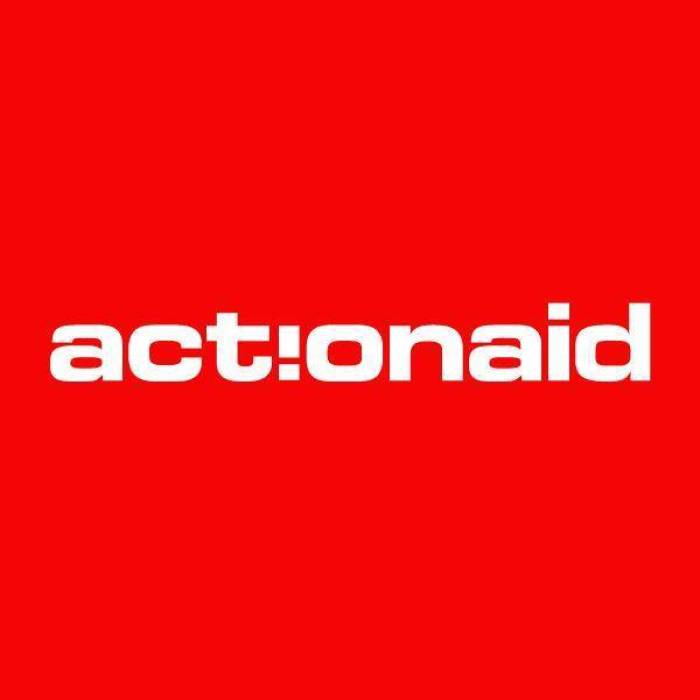The ActionAid Nigeria (AAN) has called for the domestication of the African Charter on Democracy, Elections and Governance (ACDEG) in Nigeria to deepen democracy and guarantee free, fair and credible elections in the country.
The Country Director of AAN, Ms Ene Obi, made the call on Saturday in Abuja at the National Stakeholder’s Forum and Dissemination of Policy Documents in Abuja.
- ActionAid seeks practical devt plans for Nigerian youths
- 100 women groups benefit from ActionAid’s empowerment projects
According to Obi, who was represented by Ms Tasallah Chibok, Nigeria signed unto the charter as part of commitments to living the tenets of democracy and is also a signatory to other international instruments aimed at strengthening democracy and good governance.
She said that ACDEG is a continent-wide normative framework for democratic consolidation and a response by the African Union to the aspirations for a new democratic culture and collective responsibility towards improving the democratic experience for Africans.
She added that the charter is explicit in its provisions towards constitutionalism as the bases of existence of African States with strong respect for and promotion of democratic principles.
Obi added that these include the rule of law, gender equality, transparency, accountability and participatory and responsive governance with regular credible elections conducted with strong independent democratic institutions at the service of democracy and nation building.
“Nigeria’s commitment to the charter by signing it in 2007 and ratifying it in January 2012; however, the country is yet to domesticate the charter in line with the country’s constitutional requirements.
“While the principles of the charter find expression in various laws and processes in the country, including the general principle of the constitution, the electoral framework among others is yet to be fully domesticated.
“One critical issue is the country lagging in its reporting responsibilities and obligations.
“Article 49 calls for state obligations to submit every two years, a report to the commission on the legislative or other relevant measures taken with a view to giving effect to the principles and commitments of the charter,” Obi said.
She said that this was the bases for the ActionAid’s engagement with the ACDEG through the ‘Africa We Want Project’, a Pan-African initiative aimed at mobilising citizens’ engagement in the domestication of the charter.
On his part, a developmental expert, Mr. Jaye Gaskiya, while speaking on the National Citizen’s Report, said that the quality of any democracy was measured by the level of participation of citizens as democracy was supposed to be a representative form of governance.
According to him, although Nigeria operated a system without many legal constraints to citizens participations, the country still had political practice that constrains citizens participation which domesticating ACDEG could address.
Gaskiya said: “The biggest challenge with the charter is that it has not been domesticated, Nigeria negotiates many conventions but the challenge is implementation.
“So, we don’t have ACDEG domesticated if we had it domesticated, then it means we have admitted it into our body of law, but now that it is not domesticated, the implication is it makes it difficult to cite where our own legal framework is found wanting.
“If the charter was domesticated, we could directly appeal to the charter in challenging some of those misdeeds in our electoral process but because of its absence, we are forced to rely only on our laws.
“Unfortunately, those laws are sometimes not adequate enough and those are the things that constraints citizens participation.”
The three-year project, which started in April 2018, targeted marginalized groups (women, youth, person with disabilities -PWDs), media and CSOs to advocate for the implementation of the ACDEG.
The project was also designed to increase and strengthen the role that CSOs play in processes to ensure that all African Union (AU) member states are more democratic and accountable to their citizens in alignment with legal instruments, institutions and processes of the African Governance Architecture (AGA) and the ACDEG.

 Join Daily Trust WhatsApp Community For Quick Access To News and Happenings Around You.
Join Daily Trust WhatsApp Community For Quick Access To News and Happenings Around You.


